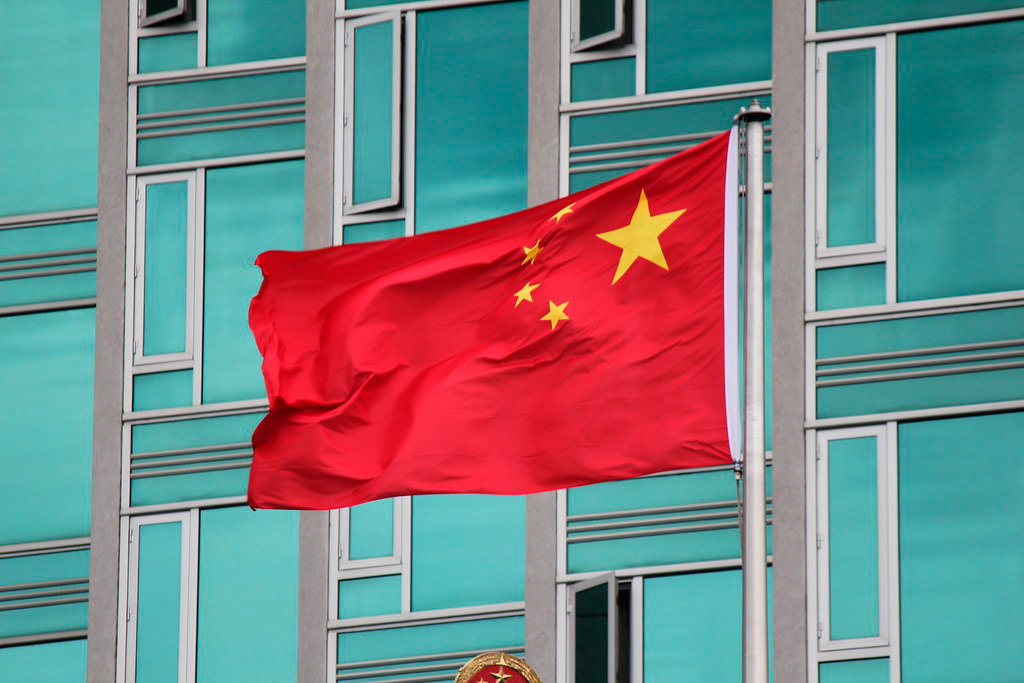According to information from the Central Commission for Discipline Inspection and the State Supervisory Commission, more than 1,11,000 people were fined in the first quarter of 2023. This was after they received nearly 776,000 petitions and reports, out which 231,000 were accusations. Looking at the numbers, one would assume that China is attempting to combat corruption. But the reality is much more disheartening than that. With the failure of its COVID policy and the slowdown of the economy, the nearly 50 million state employees are faced with an insurmountable problem.
With most of the state governments being in debt, life as an official is by no means as comfortable as it used to be. The CCP tries its best to stamp out corruption in the form of theft of state assets, bribery, and graft. However, a large reason for the survival of the state apparatus is corruption itself, with favors, special treatment and job perks being a huge reason for people to support and prop up the autocratic and harsh regime. State officials compete fiercely in order to attract investment in the region and then resort to corruption in order to profit from it, in the form of fees to speed up access, extorting the very businesses that they wanted to invite in order to meet their work performance targets. Maintaining such a precarious balance has led to the growth of the Chinese economy over the years, with outside experts writing several books on the ‘cost of doing business in China.’
The reason why this anti-corruption data is suddenly important is that business will no longer continue as usual. The intentions of America and the EU to slowly decouple from the Chinese economy mean that this model of sustainable corruption will soon come to an end. In order to maintain its grip on power, the elites within the CCP must now come up with a new way to appease the rank and file and maintain their lavish lifestyles. The pressure from the top to drive economic growth means that such bloodletting within the party will become a frequent sight. It is inevitable that over the course of the next few years, the falsification of economic data outside China will reach a new high.
The frequent chaos within the party will create new problems in terms of governance for the CCP. If the norm for promotion within the Communist Party becomes toppling political rivals on corruption charges, we may see a more cut throat CCP emerging from the ashes of its economic slowdown over the course of its geopolitical confrontation with the West.
The very nature of the party dictates that officials love to form close ties with private entrepreneurs and help each other grow through this form of patronage. Coupled with Xi Jinping targeting these so called elite, we have what is affectionately called the ‘sweet potato economy’. After years of anti-corruption drives that lowered that country’s forex reserves to a quarter of its initial size, we see the CCP trying extremely hard to arrest anyone who threatens to leave the CCP control. Only entrepreneurs who stay rooted within China and work hard to absorb the ‘nutrients ’and ‘sunlight ’of the global economy are considered as temporarily safe.
As the very nature of the CCP breeds corruption, we will always be faced with the problem of trying to analyze the reasons for a new round of purges. In 2023, we see the focus shifting to central ministries and specialized inspections, particularly finance, sport, and nearly 30 state owned enterprises. The arrests of Zhao Weiguo, Liu Liange, Li Xiaopeng, and Bao Fan have produced widespread concerns as billionaires scramble to seek political cover. The irony of the situation is that top leaders will soon enjoy huge bribes in order to provide political cover against the crime of bribery in the first place.
Another important factor to note is whether Xi Jinping will prioritize the recovery of the economy over the control of the financial sector. With the new premier, Li Qiang, attempting to play the good guy to foreign businesses at the China Development Forum in Beijing, the weak business confidence continues to grow as companies seek alternatives to China. It is very clear that Li Qiang’s economic goals are going to be hamstrung by his own boss as Xi Jinping attempts to increase party control over private business in the coming months.
Rumors have also emerged about the use of digital yuan as a tool in cutting down on corruption within the party after salaries to civil servants in Changshu were paid in the virtual currency. The national and unified system for real estate registration can also be used to target corruption but the ban on information disclosure makes it unlikely that the public will ever have the means to investigate.
Crackdowns on cryptocurrency exchanges and mining continue with the Chinese people becoming slow to embrace the digital yuan. After China Central Television aired a lackluster 5-part mini series called Zero Tolerance in 2022, this year saw the ramping up of propaganda efforts with the massively popular 39 episode blockbuster titles The Knockout detailing the politically correct fight between a cop and crime boss. It is interesting to see how the CCP attempts to tackle corruption while relying on it to maintain its authority and fuel the growth of the ponzi scheme that is the Chinese economy.

